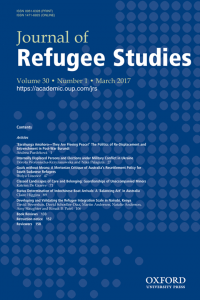 A biotechnology journal has corrected a 2006 paper after discovering duplication and plagiarism.
A biotechnology journal has corrected a 2006 paper after discovering duplication and plagiarism.
This offense is the second we know of for the corresponding author, Uttam Chand Banerjee, in the same journal, Applied Microbiology and Biotechnology. Last year, Banerjee—who works at National Institute of Pharmaceutical Education and Research (NIPER) in Mohali, Punjab, India—had a 14-year-old review retracted in Applied Microbiology and Biotechnology after an investigation revealed the authors had plagiarized from numerous sources and failed to reference them. At the time, Banerjee told us that he and his co-authors took a few lines from other reviews and that omitting the references was “simply unintentional.” According to The Indian Express, Banerjee also faced plagiarism allegations in 2005, and was denied a prestigious fellowship in 2011 as a result. Continue reading Author who previously claimed plagiarism was a mistake earns new erratum

 A company that indexes journals — thereby assigning them impact factors — has chosen to delist a cancer journal after it
A company that indexes journals — thereby assigning them impact factors — has chosen to delist a cancer journal after it 



 Are there a limited number of ways to describe the the background and methods of an experiment? Once something has been written well, and vetted by editors, is it a waste of time to rewrite it ? And if text has been reused, how should that be indicated — if at all?
Are there a limited number of ways to describe the the background and methods of an experiment? Once something has been written well, and vetted by editors, is it a waste of time to rewrite it ? And if text has been reused, how should that be indicated — if at all?
